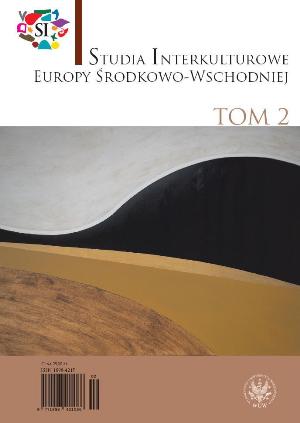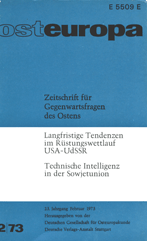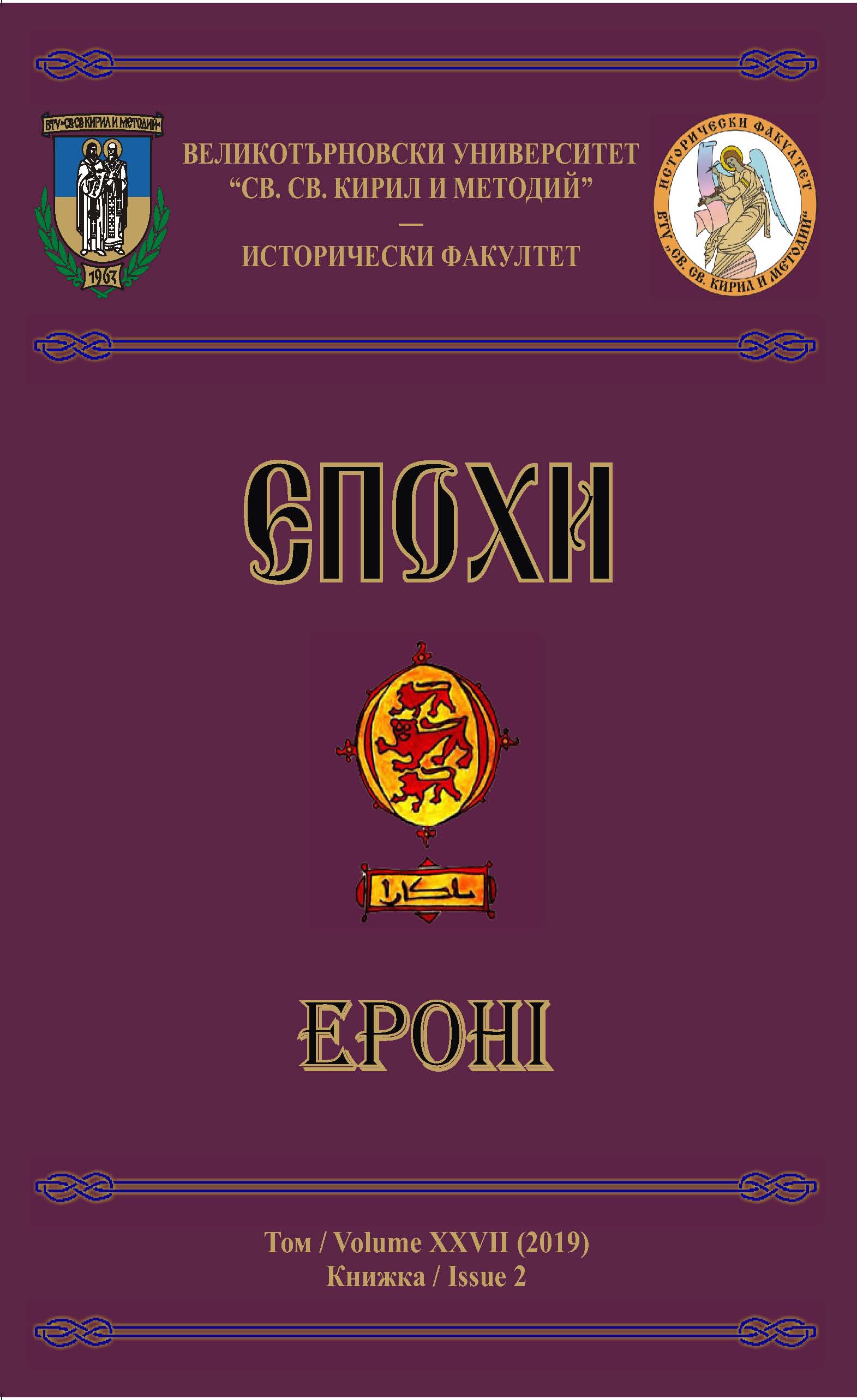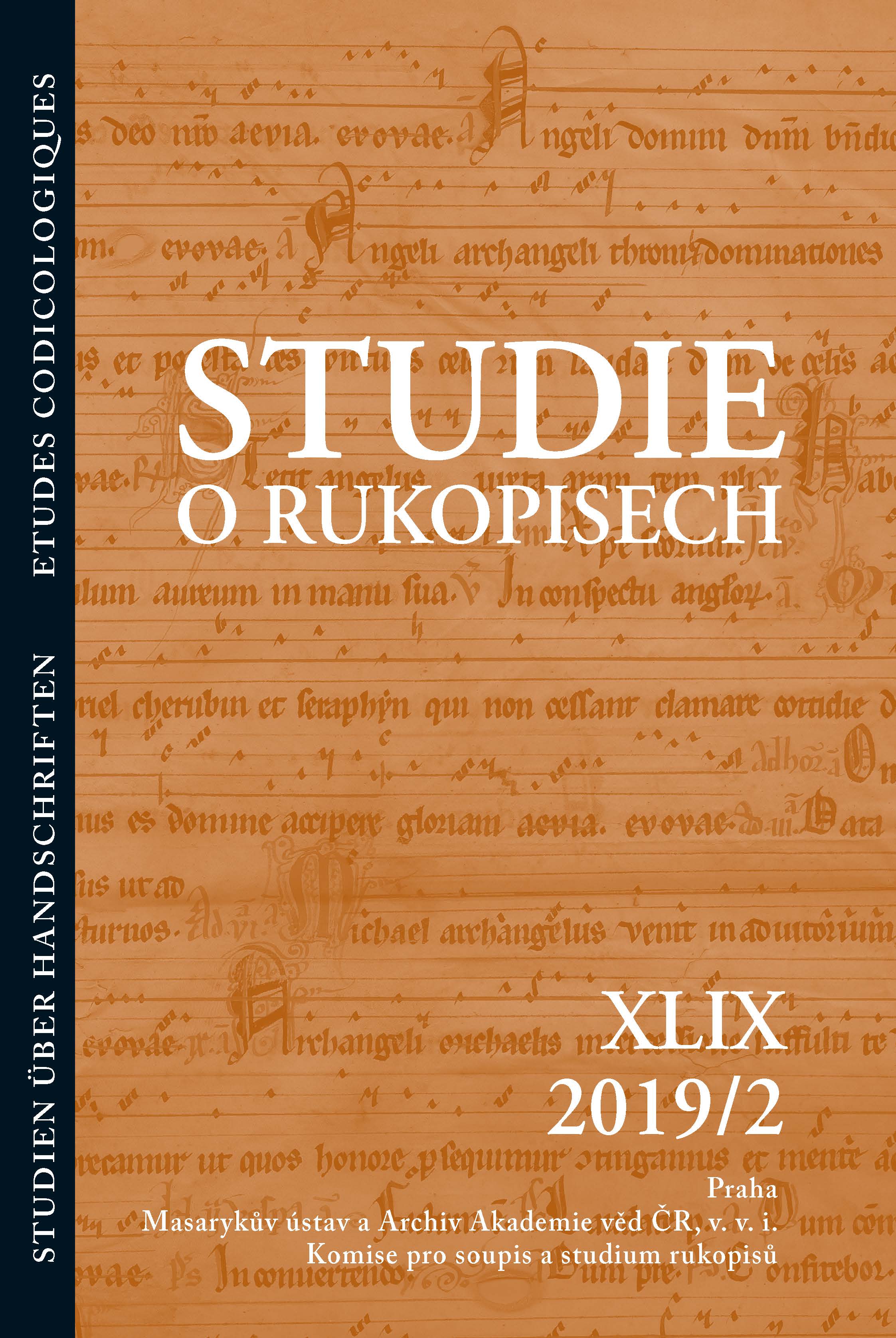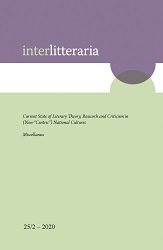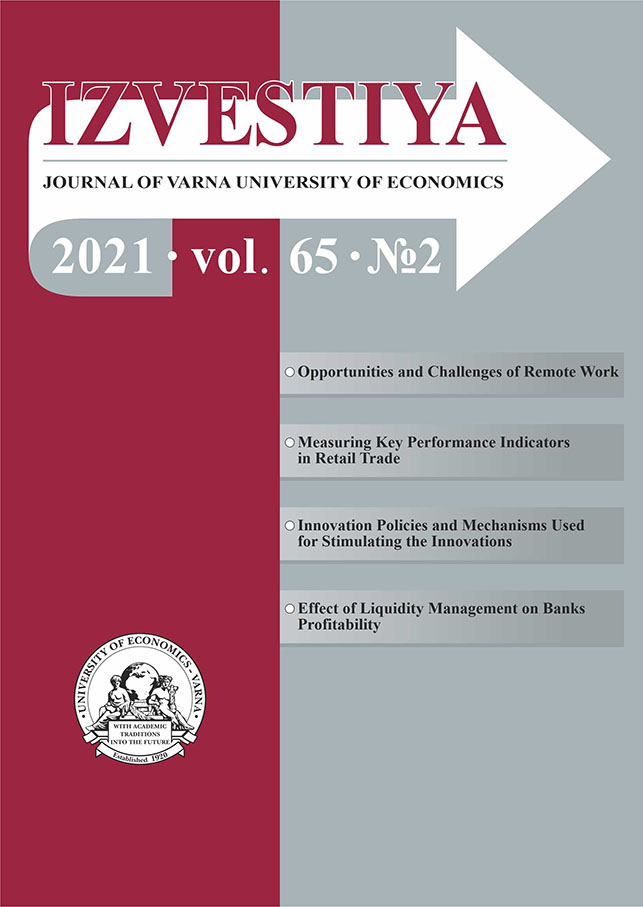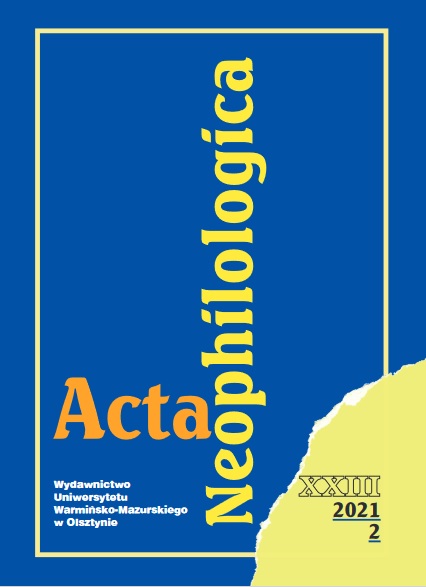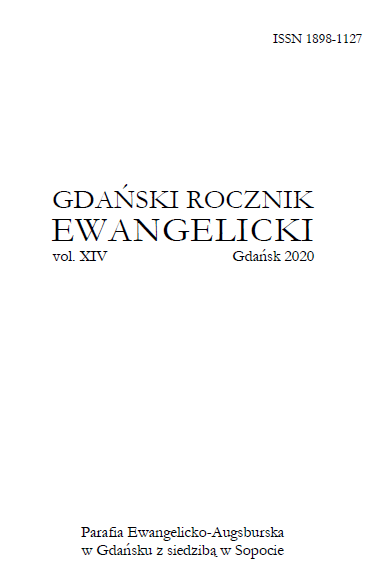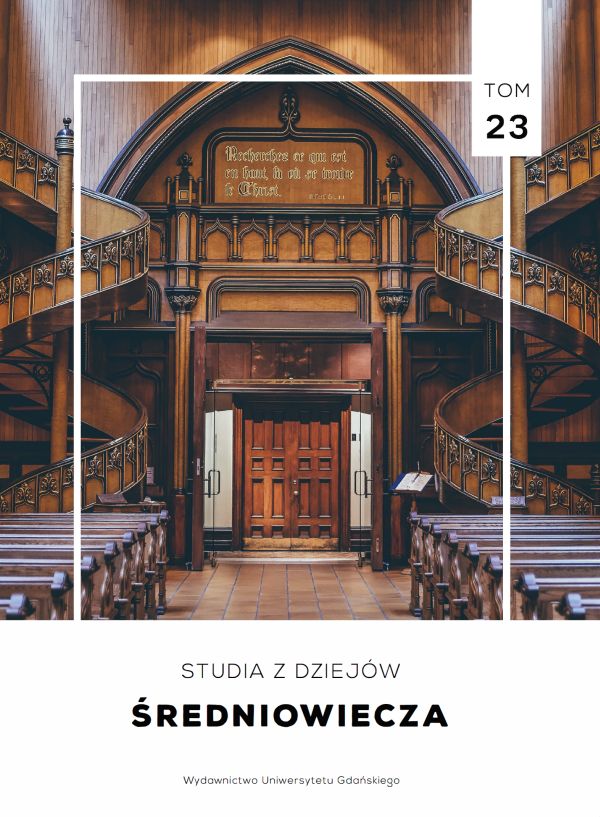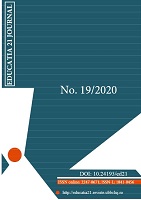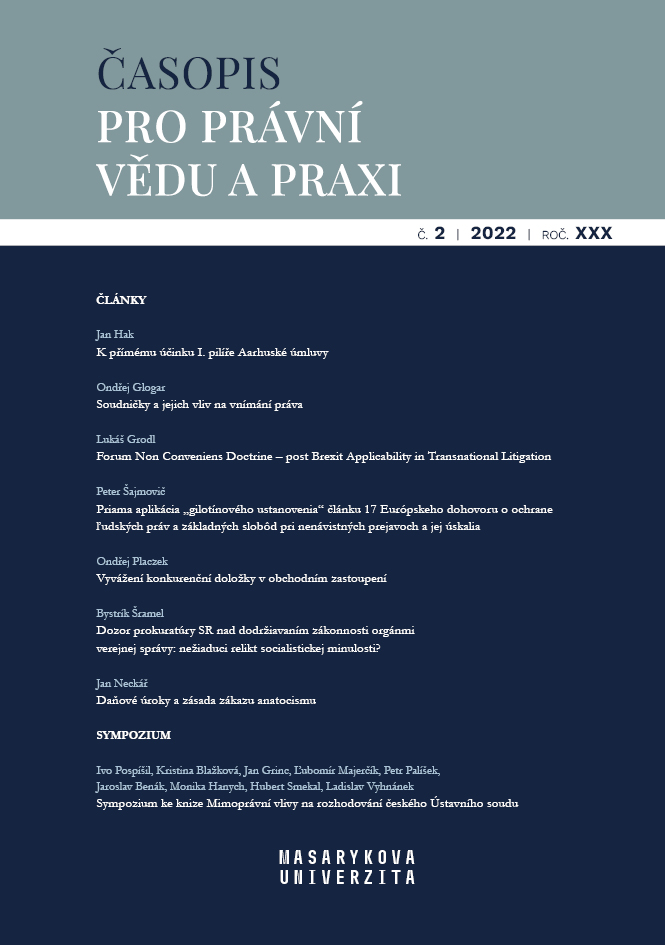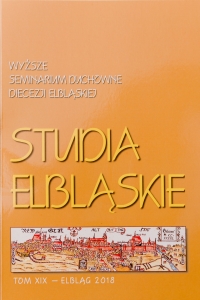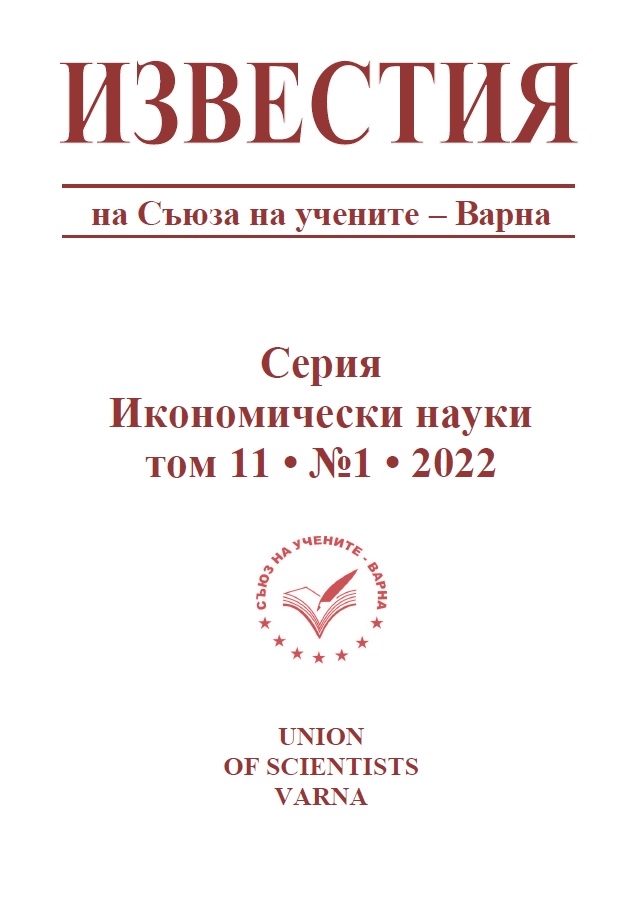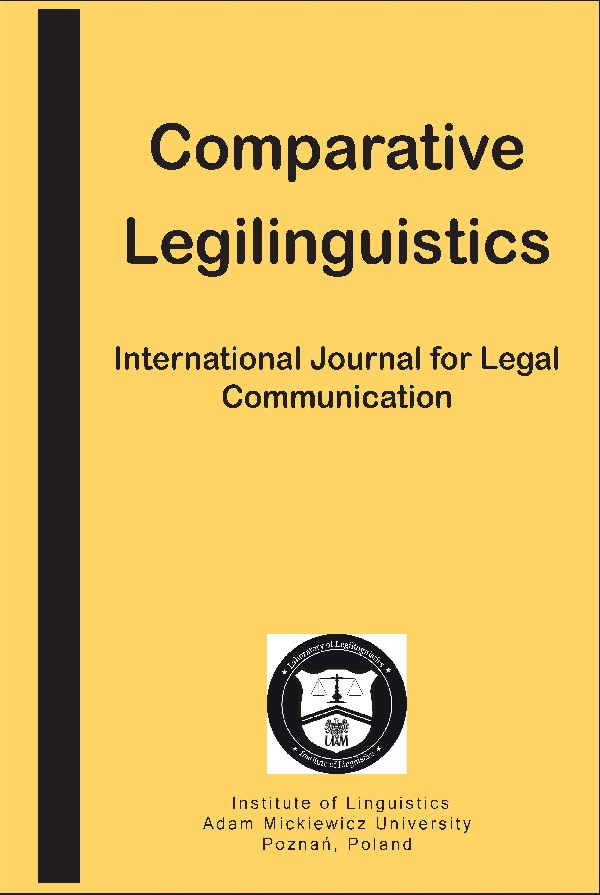Okkasionalismen der Krisenzeiten in deutschsprachigen Printmedien
Author(s): Lina Cabac,Elvira Guranda / Language(s): German
/ Issue: 2/2021
Keywords: nonce-word; neologism; vocabulary expansion; word formation; wordforming element; textual function; thematic field; print media; crisis period;
In this article, we undertake to examine the nonce-words of times of crisis in the German-language print media, since such shattering, unpredictable, and unusual phenomena as social crises prompt linguistic creation. As crisis we consider social events of the new era such as political protests worldwide, the reunification of Germany in 1989-1990, terrorist attacks of September 11th 2001, banking and financial crisis in 2009, as well as the corona pandemic in 2019-2021. All these phenomena have contributed to the creation of unique, new occurrences and terms, which over time have either passed into the vocabulary inventory of the German language (neologisms) or have remained as one-time formations on the periphery of the lexicon (nonce-words). In any case, at the time of their formation, these linguistic units were registered in form of a nonce-word. Nonce-words of the crisis periods are examined from the perspective of word formation and frequency of word-forming elements, textual function, thematic fields and frequency in print media. Of course, nouns represent a high proportion of nonce words in media texts, e.g. Skymarshal, Waterboarding, Kreditklemme, Coronamoral, Krisenfutter etc., however, nonce adjectives and verbs that occur less frequently are also of great interest to linguistic researchers, e.g. coronamüde, postpandemisch, coronisieren etc. In the present research will be focused on the journalistic articles in German language media such as “Die Zeit”, “Der Spiegel”, the Digital Dictionary of the German Language (DWDS) will be used as a further word information system. The identified nonce-words enhance the vocabulary expansion and enrichment of expressive possibilities in contemporary German and also show the diversity of word formation processes in German. This emphasizes the importance of research on nonce-words in modern linguistics.
More...
